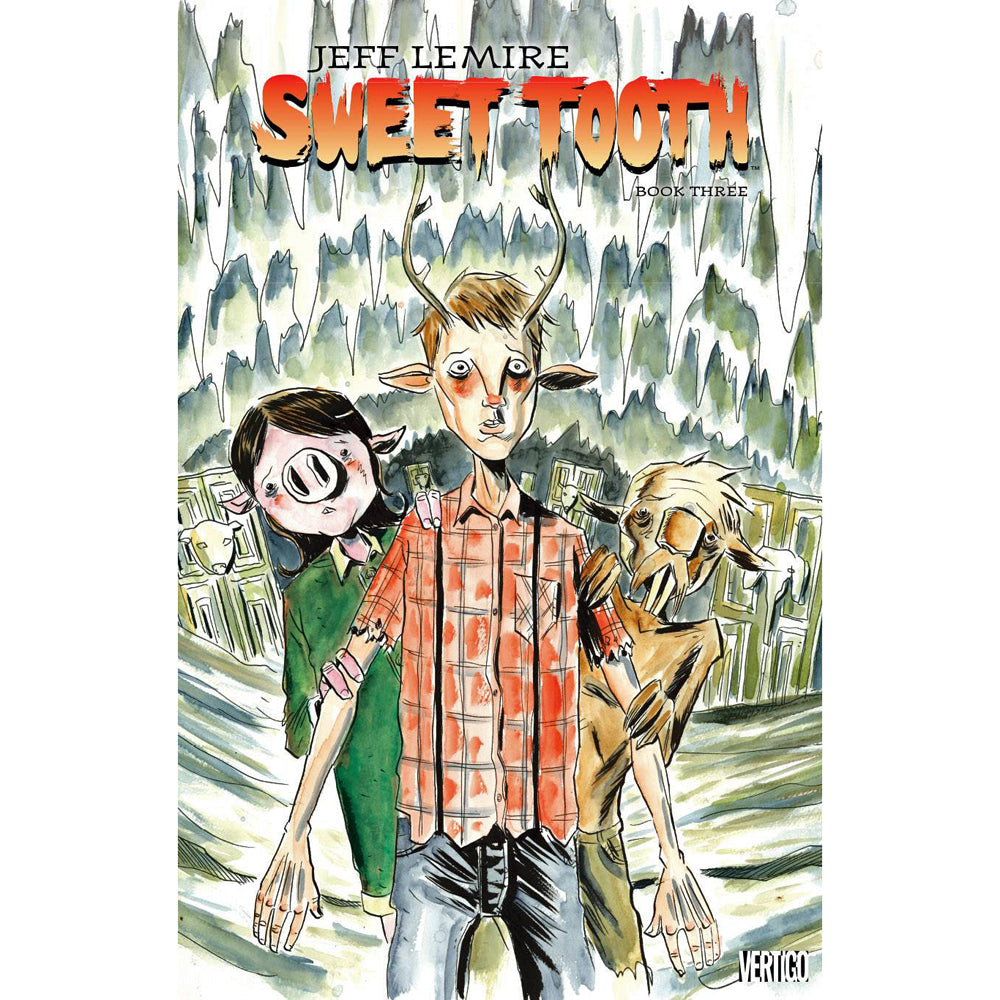

We hear about other writers Frome likes and doesn’t like, giving us plenty to think about in respect of McEwan’s own likes and dislikes. Its clear from what we’re reading that Frome wouldn’t have liked McEwan’s writing in the 1970s, and perhaps still wouldn’t today. The ‘new fangled Booker prize’ gets several mentions, and he plays around with the name of a former director-general of MI5 and makes her a high-flying contemporary of Serena. His friends and publishers get name checks, as do various pubs, restaurants and parks.

McEwan layers on the literary content thickly, with the story echoing his own experiences of being published for the first time in the 1970s. ’ On no account should writers ‘infiltrate their own pages as part of the cast.’ The clues about what McEwan is doing with Sweet Tooth come thick and fast and don’t let up.īut, like the very best novels, the extent of McEwan’s ambition and achievement can’t be seen until the last sentence has been read and fully absorbed. She’s a voracious reader who prefers her authors to ‘make use of the real world’ and avoid ‘tricksy haggling over the limits of their art…. The book starts with the main character, Serena Frome, telling us how she was recruited into MI5 in the 1970s, where there’s plenty of trickery and deception going on. The idea of trickery resonates throughout Sweet Tooth, McEwan’s latest novel. So there’s no doubt he has form in this matter. Perhaps the best known instance of McEwan writing as a woman is his masterpiece of trickery, Atonement, which includes McEwan writing convincingly not only as a woman, but as a woman writing as a woman. Some people loved Lloyd Jones’ Matilda, whereas others had a problem with him writing as a 13 year old girl.

Kirsten McDougall presented Philip Fetch, in The Invisible Rider, so authentically it is hard to see how she could have known all the thoughts and feelings of a middle aged male lawyer. The answer is, of course, it depends how good a writer you are. Is it possible to write convincingly from the point of view of the opposite gender? Is it possible to write a review of an Ian McEwan novel without giving too much away?


 0 kommentar(er)
0 kommentar(er)
